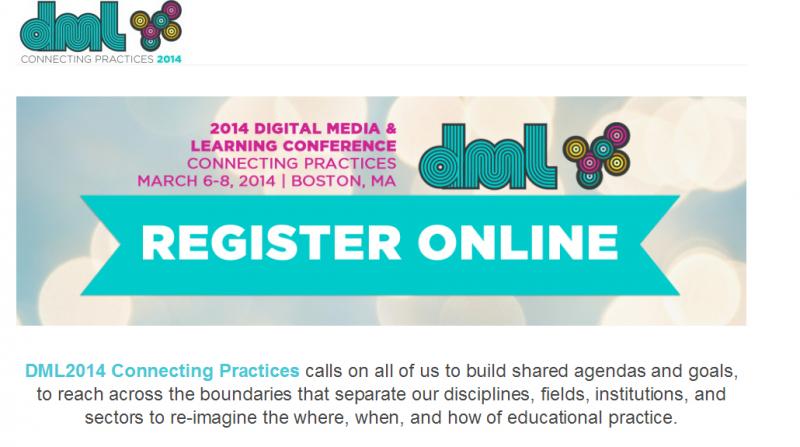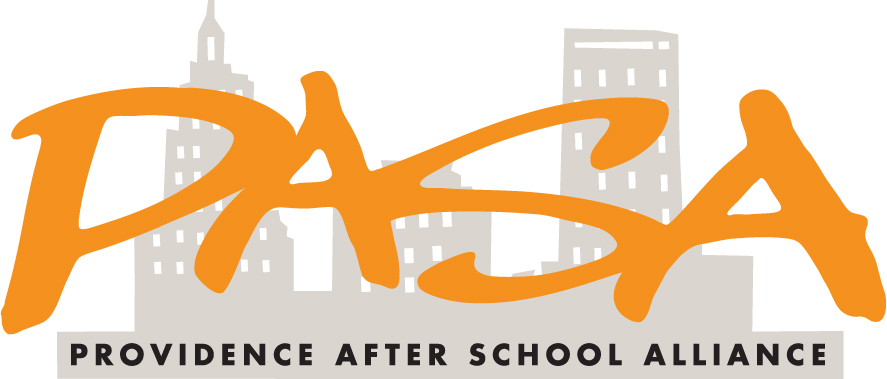
By Alejandro Molina, PASA Deputy Director
posted 3.5.14
In my 6 years at PASA, I’ve seen the old perception of after-school as “babysitting” evolve into a sophisticated understanding that after-school, summer, and expanded learning programs are intrinsically and critically connected to student learning outcomes. As our initial work with middle school has deepened and we’ve grown our work into high school and credit-bearing Expanded Learning Opportunities (ELOs), we’re beginning to create connected learning pathways that go from middle school through high school graduation.
ELOs are helping to ensure that students can learn and engage with new opportunities in new ways that are flexible, creating a landscape of learning that goes well beyond 8am-3pm seat time. But to have lasting impact, those opportunities have to truly mean something, they have to be seen as valuable to our young people. And the only way to ensure value is through cross-sector collaboration that focuses on building an ecology of learning that connects the worlds of after-school and expanded learning with in-school learning, professional opportunities, college access, and most importantly, student interest and passion.
Through 10 years of hard work, relationship building, and trial and error, we’ve been able to establish our after-school and expanded learning systems as critical components of the educational landscape of Providence by enabling students to drive their own learning experience.
This Saturday at 11am EST, I’ll be joining representatives from the NYC Department of Education’s new Digital Ready program and Chicago’s Summer of Learning initiative in a panel discussion at DML2014 entitled Cross-Institutional Partnerships for City-Scale Learning Ecologies. We’ll be talking about the key ingredients and lessons learned when it comes to building expanded learning ecologies and taking them to scale. I’ll be talking about PASA’s approach that emphasizes centralized youth data tracking, a shared vision of what skills and qualities our young people will leave our programs with, ongoing quality measurement and improvement, and cross-sector collaboration that includes the school district, nonprofit and business community, higher ed., and the use of 21st Century technology that facilitates student-centered learning.
If you can’t make it to the conference, you can stream it live here and follow along with the conversation using the Twitter hashtag #DML2014.

